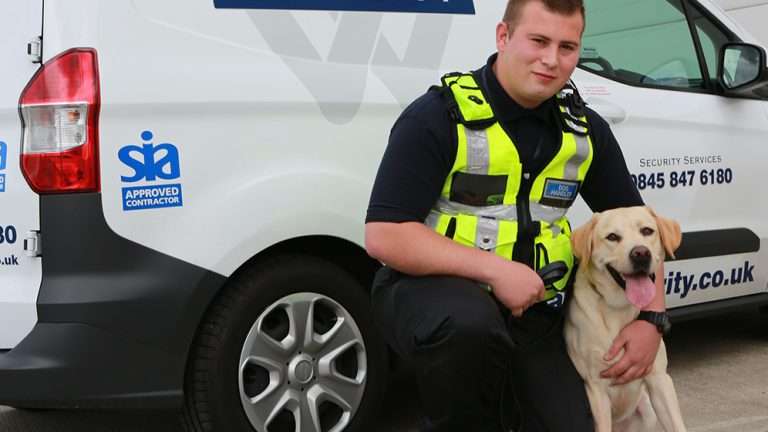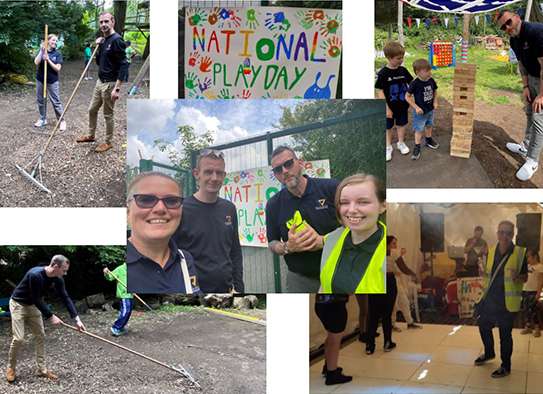The Importance of Communication

Recent events in Manchester and London have once again illustrated the importance of collaborative communications models as both a response to incidents and as the basis of a proactive defence and security strategy, as David Ward of Ward Security explains.
These are fast moving times. All aspects of society are evolving at an increasing rate. Whether you use business, communications, culture or anything else as a yardstick, things have changed fundamentally in recent decades and at a speed that challenges.
Unfortunately crime is no different. However, we have to ask ourselves if our frameworks for tackling crime are evolving to match.
Whether you look at crime against the person, crime against business, cybercrime, terrorism or any other areas of criminal activity it’s a fair assumption to say we are forever playing a reactive game of catch up. And yet the potential is there for society to develop and put in place the proactive frameworks that will better address the imbalance.
Recent terrorist events in London and Manchester, and the somewhat soundbite-laden response of government illustrate the urgency for society to build these frameworks. While the feet-on-the-ground response of the emergency services are to be highly commended, the reality is that security and emergency services can be better served through support from stakeholders across wider society. A culture of information sharing must be the foundation of any framework.
The historic lack of effective frameworks stem from the fact there is no defined government department in place to orchestrate such a concept. This shortcoming was identified in a study initiated by Sir David Veness CBE (Co-Chair Consultative Board CSSC) in the aftermath of the Paris attacks of 2015.
At the heart of this study was a review into enhancing engagement between business and public bodies in a rapidly changing security environment. The findings were integral to the ongoing development of the Cross-sector Safety and Security Communications (CSSC) which puts in place a communications and intelligence infrastructure bringing together police, security agencies, and the private sector, all of whom are the key stakeholders in public safety.
The CSSC is a proven and highly effective concept encompassing 35 industry sectors and with a distribution of around 14 million recipients. Messages to this extensive community can be distributed in less than 20 minutes.
The CSSC is an ongoing project, the management of which remains challenging due to its scope. However, the technologies are available to make the CSSC increasingly effective as a permanent communications channel. And as the concept continues to prove itself, so engagement between stakeholders will improve, further strengthening the CSSC.
We all have a part to play in making society safer. However, while that sentiment is true, there needs to be the mechanisms in place to help people and organisations to easily do the right thing. Even at an individual level, the simple act of reporting a suspicious package can be a challenge. Who exactly do you report it to? Where are they? How can you be sure that your report will be correctly acted upon? Is the person you report it to sufficiently supported and trained. These are the simple individual operational considerations we need to take seriously as a society. While these are still early days, the CSSC serves as an example of how these questions can be answered.











